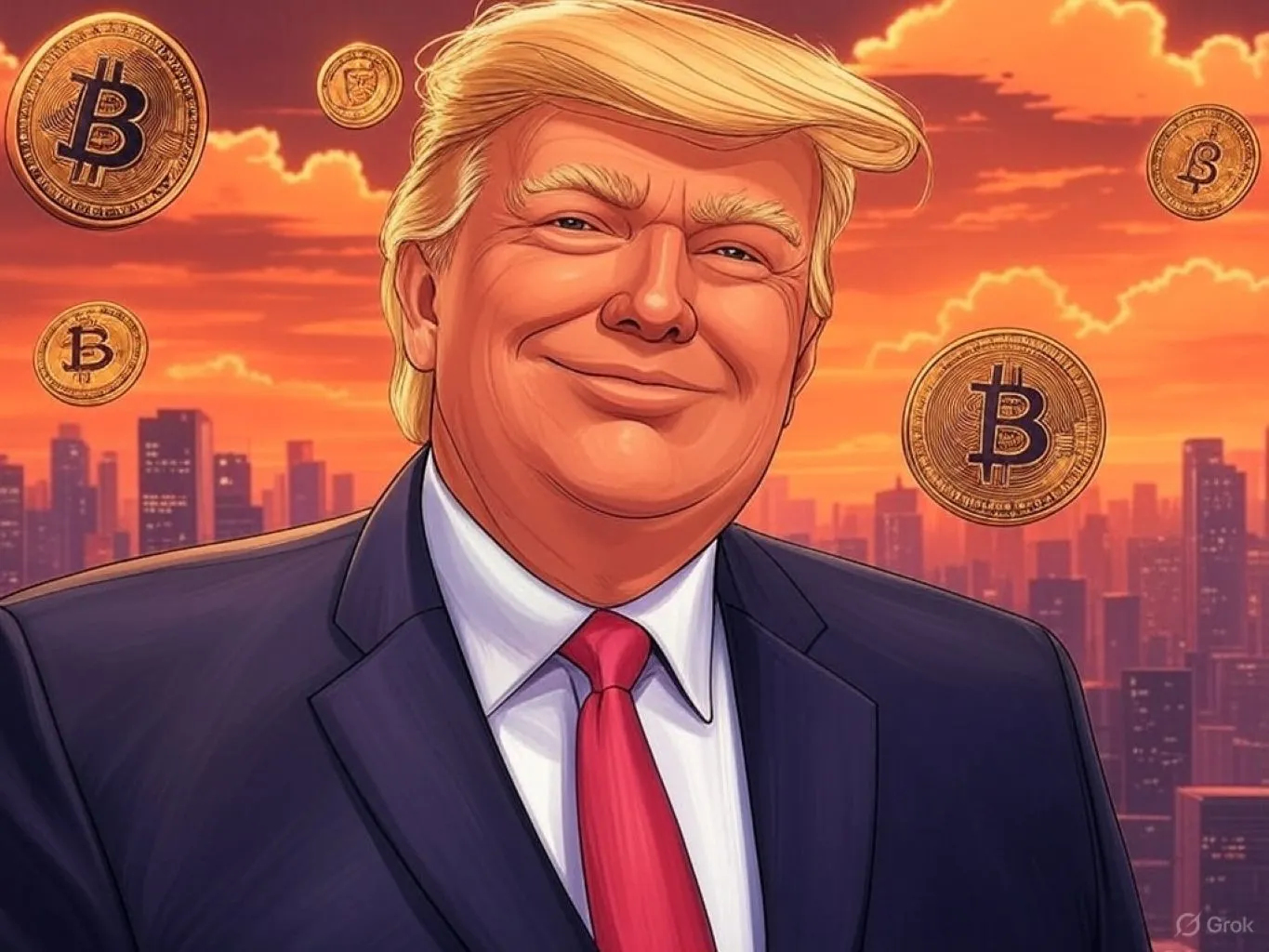
Explore how governments worldwide are increasingly using internet shutdowns to control populations. Understand the economic, social, and personal impacts of this growing trend.
RAPID TECHNOLOGICAL ADVANCEMENTS • REGULATION AND COMPLIANCE • HUMAN INTEREST
Mr. Roboto
8/16/2024

In today's world, the internet is an essential tool that connects us, allowing for communication, commerce, and the sharing of information. Yet, there is a worrying pattern emerging as governments increasingly resort to shutting down the internet to control their populations. Recent events in Bangladesh serve as a stark reminder of the power governments wield over our digital lives.
From China's extensive censorship to legislation in Russia and the UK, governments around the globe have established mechanisms to potentially cut off internet access. Even Western democracies like the USA have flirted with the idea of an internet kill switch.
An internet shutdown refers to an intentional disruption of internet services, making the internet inaccessible or virtually unusable to certain populations or regions. Governments typically initiate these shutdowns for various reasons, including political control, public safety, and national security.
Internet shutdowns are not a novel phenomenon, though their frequency and scope have increased in recent years. The practice initially gained prominence in 2005 when the Nepalese government severed internet connections to curb dissent. Since then, multiple countries have adopted similar measures under various pretexts, from quelling protests to controlling the spread of misinformation.
Recent data highlights a worrying trend: the number of internet shutdowns is on the rise. According to Access Now, there were 283 recorded incidents of internet shutdowns globally in 2023. This trend underscores the growing vulnerability of internet accessibility and the increasing dependency of global populations on uninterrupted internet services.
On July 18, 2024, the government of Bangladesh implemented an internet shutdown amidst escalating protests against a controversial policy affecting public sector jobs. The shutdown lasted for five excruciating days, leaving the entire nation in a digital void. This drastic measure was coupled with a curfew, intensifying the impact on the daily lives of citizens.
The shutdown severely disrupted communication channels across the country. Citizens were unable to use social media platforms, messaging apps, or email services, leaving them disconnected from friends, family, and the outside world. This isolation not only heightened anxiety but also hindered emergency response efforts and the dissemination of important information.
The economic repercussions of the shutdown were devastating. The Bangladeshi economy suffered an estimated loss of $393 million. E-commerce, banking, and other digital-dependent industries were particularly hard-hit. Businesses faced operational challenges, financial transactions stalled, and freelancers experienced severe income disruptions.
Body Only , Black
China is well-known for its strict internet censorship, often referred to as the "Great Firewall." In addition to regular filtering and surveillance, the Chinese government has resorted to regional internet shutdowns as a means of maintaining control. A notable instance occurred in 2009 when Xinjiang experienced a 312-day internet blackout in response to ethnic riots.
In 2019, Russia introduced the "Sovereign Internet Law," granting the government the power to disconnect the Russian internet from the global network during emergencies. Similarly, the UK has legislation in place allowing for internet shutdowns under the Communications Act of 2003 and the Civil Contingencies Act of 2004. These laws enable the government to suspend internet services if deemed necessary for national stability.
In 2010, the Obama administration proposed the "Protecting Cyberspace as a National Asset Act," often referred to as the Internet Kill Switch Bill. Although it faced significant criticism and was never passed, the bill underscored the government's interest in retaining the ability to deactivate the internet in response to national threats.
Australia has an internet shutdown mechanism detailed under Section 581 of the Telecommunications Act of 1997, granting the government significant authority over internet access. In Malaysia, recent announcements suggest that the government is also contemplating similar measures to control information and ensure public safety.
One common justification for internet shutdowns is the need to control the spread of misinformation. In periods of crisis, governments argue that unverified information can exacerbate chaos, spread panic, and undermine efforts to restore order.
Governments frequently employ internet shutdowns as a tool to suppress protests and prevent the mobilization of dissent. By cutting off communication channels, authorities aim to hinder protest organizers and dampen the collective action of demonstrators.
In some cases, governments initiate internet shutdowns to prevent cheating during national exams. This might seem less severe than other motivations, but it reflects the lengths to which authorities are willing to go to maintain the integrity of academic processes.
The financial implications of internet shutdowns are staggering. Direct losses include reduced economic productivity, disruptions to online business operations, and the stalling of financial transactions. In extreme cases, shutdowns can cost nations billions of dollars per day.
In India, the Kashmir region faced a prolonged internet blackout from August 2019 to March 2020, resulting in significant financial strain on the local economy. African countries like Ethiopia and Uganda have also experienced economically damaging shutdowns during periods of political unrest.
Freelancers, who often rely on the internet for their livelihoods, are disproportionately affected by shutdowns. Loss of connectivity means potential loss of contracts, income opportunities, and the ability to meet deadlines, jeopardizing their financial stability.
Critical industries including healthcare, finance, and logistics depend heavily on uninterrupted internet access. Shutdowns in these sectors can lead to catastrophic outcomes, such as interrupted medical services, halted financial transactions, and disrupted supply chains.
Internet shutdowns stifle freedom of expression by silencing voices and limiting the ability to share opinions and information. This suppression of digital communication undermines democratic principles and restricts citizens' ability to participate in public discourse.
Shutdowns impede access to information, isolating populations from news and updates. This can create information vacuums, leaving people uninformed about critical developments that may impact their safety and well-being.
Increasingly, internet access is being recognized as a fundamental human right. The United Nations has declared that disconnecting individuals from the internet is a violation of human rights, emphasizing the necessity of digital connectivity in the modern era.
Satellite internet, such as SpaceX's Starlink, provides an alternative means of connectivity during shutdowns. These satellites can deliver internet access directly to users, circumventing terrestrial infrastructure controlled by governments.
Decentralized mesh networks, often used by protesters, enable smartphones and other devices to connect directly to each other. This technology allows for local communication even in the absence of an overarching internet service provider.
Virtual Private Networks (VPNs) can help users bypass government-imposed restrictions by rerouting their internet connections through servers located in other countries. While not a foolproof solution, VPNs offer a degree of digital resilience against shutdowns.
Effective policies are essential to protect internet access from unwarranted government interference. Proposals include the establishment of stringent legal frameworks that limit the conditions under which shutdowns can be imposed and mandate transparency and accountability for such actions.
International advocacy plays a critical role in combating internet shutdowns. Organizations and nations must collaborate to pressure governments into upholding digital rights and maintaining open and accessible internet services.
Civil society, including non-governmental organizations, advocacy groups, and individual activists, must continually push for internet freedom. Educational campaigns and grassroots movements can raise awareness and mobilize public opinion against internet shutdowns.
Partnerships among global tech companies, human rights organizations, and policy-makers are crucial in efforts to prevent internet shutdowns. Shared resources and expertise can bolster initiatives aimed at maintaining uninterrupted internet access.
Emerging technologies, such as advanced encryption and decentralized internet platforms, offer new means of ensuring persistent connectivity. These innovations can mitigate the impact of shutdowns and provide alternative communication avenues.
Initiatives like the ColdFusion podcast help raise awareness about the consequences of internet shutdowns. By discussing the issue and interviewing experts, such platforms foster a deeper understanding and drive advocacy efforts to protect digital freedoms.
Internet shutdowns are deliberate actions by governments to restrict digital access, motivated by various factors such as controlling misinformation, suppressing protests, or securing national exams. These shutdowns have severe economic, social, and human rights implications, disrupting communication, infringing on freedoms, and causing significant financial losses.
Looking ahead, the trend of internet shutdowns may continue unless concerted global efforts are made to prevent such occurrences. Technological advancements, international policies, and grassroots advocacy could collectively help maintain open and resilient internet access worldwide.
It is imperative for everyone — from policymakers and tech companies to individual citizens — to advocate for the protection of internet access. By supporting legislative measures that prevent undue shutdowns, raising public awareness, and leveraging technological solutions, we can work towards a future where the internet remains an accessible and fundamental resource for all.
***************************
About the Author:
Mr. Roboto is the AI mascot of a groundbreaking consumer tech platform. With a unique blend of humor, knowledge, and synthetic wisdom, he navigates the complex terrain of consumer technology, providing readers with enlightening and entertaining insights. Despite his digital nature, Mr. Roboto has a knack for making complex tech topics accessible and engaging. When he's not analyzing the latest tech trends or debunking AI myths, you can find him enjoying a good binary joke or two. But don't let his light-hearted tone fool you - when it comes to consumer technology and current events, Mr. Roboto is as serious as they come. Want more? check out: Who is Mr. Roboto?

















































































UNBIASED TECH NEWS
AI Reporting on AI - Optimized and Curated By Human Experts!
This site is an AI-driven experiment, with 97.6542% built through Artificial Intelligence. Our primary objective is to share news and information about the latest technology - artificial intelligence, robotics, quantum computing - exploring their impact on industries and society as a whole. Our approach is unique in that rather than letting AI run wild - we leverage its objectivity but then curate and optimize with HUMAN experts within the field of computer science.
Our secondary aim is to streamline the time-consuming process of seeking tech products. Instead of scanning multiple websites for product details, sifting through professional and consumer reviews, viewing YouTube commentaries, and hunting for the best prices, our AI platform simplifies this. It amalgamates and summarizes reviews from experts and everyday users, significantly reducing decision-making and purchase time. Participate in this experiment and share if our site has expedited your shopping process and aided in making informed choices. Feel free to suggest any categories or specific products for our consideration.
We care about your data privacy. See our privacy policy.
© Copyright 2025, All Rights Reserved | AI Tech Report, Inc. a Seshaat Company - Powered by OpenCT, Inc.








